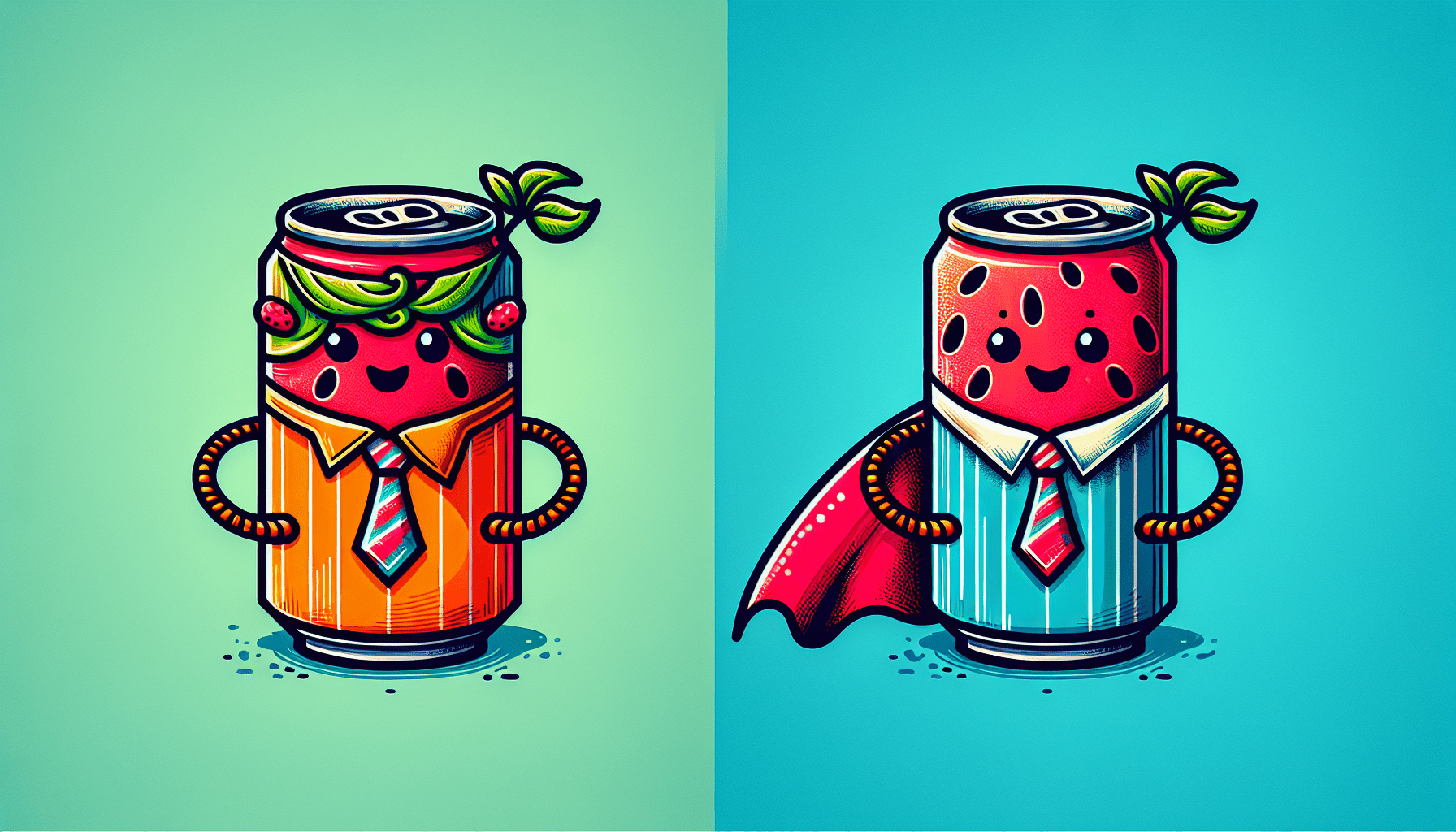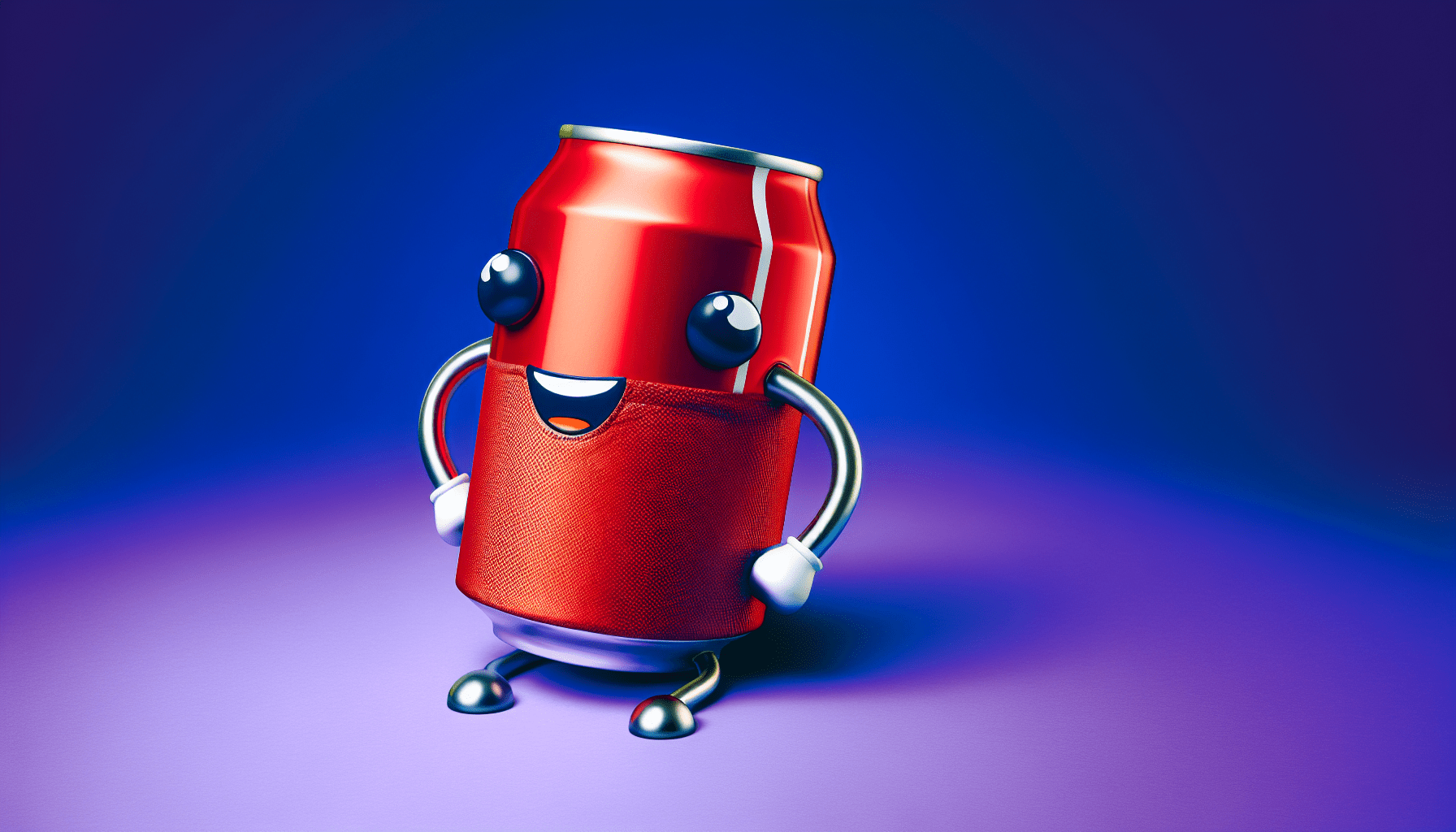Do you remember the time Pepsi managed to serve Coca-Cola a laugh-out-loud zinger in the ongoing Cola Wars? Let’s talk about the clever ad that won the hearts of many and showed that, at least once, Pepsi’s trolling was genuinely amusing.

$30 off $400+ Anycubic Products with code AC30OFF
Introduction to the Cola Wars
The rivalry between Pepsi and Coca-Cola, commonly referred to as the Cola Wars, is as old as time (or at least it feels that way!). This endless battle for market dominance and consumer preference has led to some memorable advertising strategies. Usually, Coca-Cola keeps its distance and maintains an air of superiority, while Pepsi tends to throw playful jabs.
But in this particular skirmish, Pepsi delivered a masterstroke that still resonates today. Let’s delve into the details of that one time Pepsi’s trolling of Coca-Cola was actually funny and appreciated.
The Infamous Vending Machine Ad
Setting the Stage
In 2001, Coca-Cola announced a staggering statistic: it sold four times as much as Pepsi. Whether you’re a fan of Pepsi or Coca-Cola, you can appreciate the cheekiness of what came next. Pepsi rolled out an ingenious ad that took a playful swipe at Coca-Cola’s dominance.
The Plot Unfolds
The ad features a young boy at a vending machine. He buys two cans of Coca-Cola, not to quench his thirst, but to use them as stools to reach the Pepsi button. It’s a simple yet effective visual gag. The message? Even with Coca-Cola, all this boy really wants is a can of Pepsi.
Why It Worked
So, why did this particular ad succeed? There are multiple reasons:
| Reasons | Analysis |
|---|---|
| Humor | The ad’s humor is undeniable. It made people chuckle and share, turning it into a viral moment before “viral” was even a term. |
| Relativity | We’ve all chosen one thing just to get to another. The ad tapped into that universal human experience. |
| Clear Message | It suggests that Pepsi is so desirable that even a kid would go to great lengths to get it. |
| Risky Yet Rewarding | Featuring a competitor in ads can backfire, but here it worked well enough to not only make a point but also entertain. |
The Art of Trolling in Advertising
Definition and Examples
Trolling in advertising isn’t new. It’s the practice of subtly provoking or directly mocking competitors in an attempt to draw attention. Usually, this method can be a hit or miss, but when executed correctly, it can be incredibly effective.
- Burger King vs McDonald’s: Burger King often trolls McDonald’s, such as the instance when they gave away Whoppers for a penny if ordered near a McDonald’s.
- Apple vs Microsoft: Apple’s “Get a Mac” campaign made fun of Windows PCs, helping Apple carve out an image of being youthful and user-friendly.
Risks Involved
Trolling is a double-edged sword. While it can create buzz and amplify a brand, it can also backfire, making the brand seem petty or mean-spirited. In Pepsi’s case, the vending machine ad struck the perfect balance of humor and lightheartedness. It avoided the pitfalls of appearing overly aggressive or condescending.

Buy Photon Mono M5 Get Free 1KG Resin
Consumer Reactions
Mixed Feelings
When the Pepsi vending machine ad hit the airwaves, reactions were mixed but largely positive. Some people found it hilarious and creative, while a few felt it bordered on being a sore loser’s ploy. However, the overall sentiment leaned towards appreciation for its cleverness and humor.
Social Media Buzz
Though social media wasn’t as pervasive back in 2001 as it is today, the ad made a significant impact on various forums and discussion boards. Today, it’s still making rounds on social media platforms, showing its lasting appeal. Tweets, shared videos, and memes continue to preserve its legacy.
Impact on Sales and Brand Image
Short-term Gains
Immediately after the ad aired, Pepsi saw a boost in its sales figures. While it didn’t catapult Pepsi ahead of Coca-Cola, it did enough to draw attention and generate conversations, which is often half the battle in marketing.
Long-term Benefits
The real win for Pepsi was in brand perception. By creating an ad that people remembered and talked about, Pepsi reinforced itself as the cheeky, daring alternative to Coca-Cola. It positioned itself as the underdog willing to take risks and challenge the status quo.
Comparisons to Other Brand Battles
Burger King vs McDonald’s
The Cola Wars are reminiscent of the ongoing battle between Burger King and McDonald’s. Both rivalries feature a more established brand (Coca-Cola and McDonald’s) and a challenger brand (Pepsi and Burger King). However, the Pepsi vending machine ad stands out because it executed the humor and audacity in a way that remains evergreen.
Nike vs Adidas
Another famous rivalry worth mentioning is between Nike and Adidas. Both have used various marketing strategies to outdo the other, yet they avoid direct confrontation. Pepsi’s approach with the vending machine ad contrasts sharply by directly involving Coca-Cola, making it all the more memorable.
The Role of Nostalgia in Advertising
Emotional Connections
Nostalgia works wonders in advertising. By evoking a sense of the past, brands can create a strong emotional connection with their audience. The Pepsi vending machine ad capitalized on this idea. Even years later, it brings a smile to people’s faces, reminding them of the good old days.
Longevity of Memorable Ads
Memorable ads have a lasting power that keeps them alive in public conversation. The Pepsi vending machine ad is a prime example. It’s been over two decades, yet it’s periodically resurrected in discussions, proving that great advertising has no expiration date.
Lessons Learned
Risk vs Reward
Taking risks in advertising can yield tremendous rewards if done right. Pepsi took a gamble by directly trolling Coca-Cola, but the payoff was immense. It managed to balance the fine line between being cheeky and being aggressive.
Importance of Humor
Humor is a powerful tool in advertising. It makes messages more digestible and shareable. The vending machine ad is humorous enough to draw laughs and clever enough to convey a strong brand message, making it a hit.
Conclusion
That clever vending machine ad stands out as a shining example in the annals of the Cola Wars. It proved that trolling, when done right, can not only crack people up but also solidify brand messaging in an enduring way. Remembering Pepsi’s playful jab and how it encapsulated the essence of spirited competition and clever marketing gives us food—or rather, drink—for thought on what great advertising can accomplish. So, the next time you sip on your favorite cola, reflect on the humor and creativity that make these brands more than just beverages.
$30 off $400+ Anycubic Products with code AC30OFF








